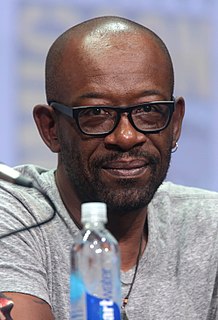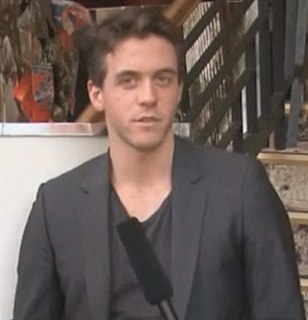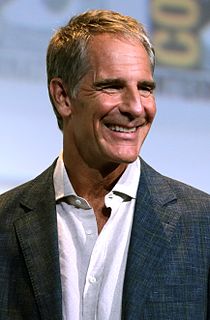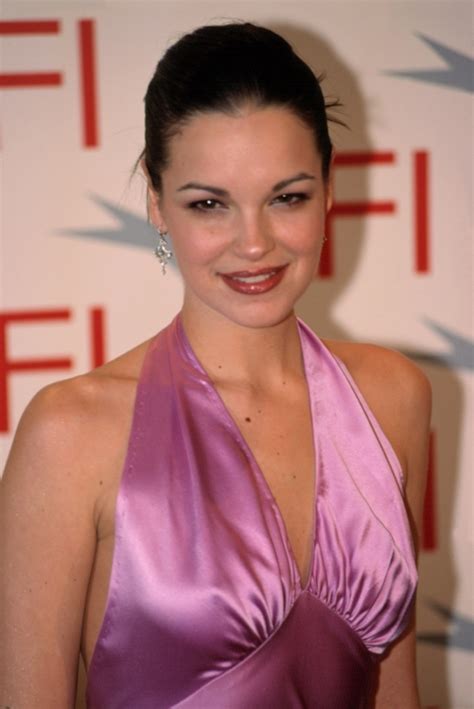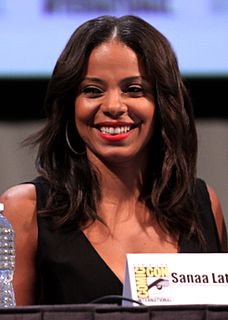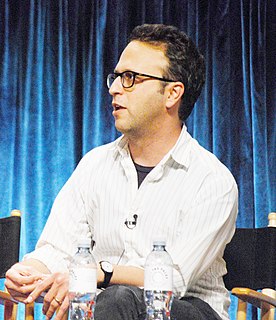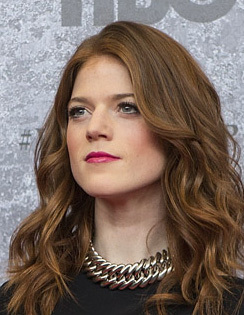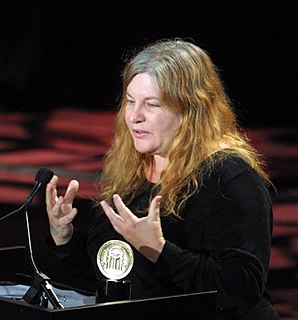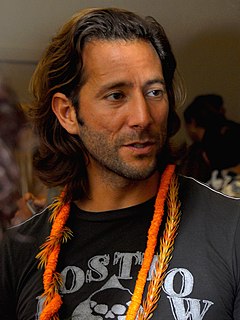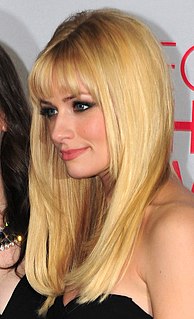A Quote by Lennie James
I've worked in the theater, television, and films. A five-hour TV series is certainly more time than a character I'd be playing in a film.
Related Quotes
When you're on stage, you're playing to whoever is in the back of the room, and TV and film is so much more detailed and nuanced, but I think that's what I always wanted to do. As much as I love theater and musical theater and would love to do it again, I really love the subtleties of film and theater acting.
Maybe if I'd gone in younger, I wouldn't have had that feeling, but I've seen an enormous amount of changes since the early-'70s in how this stuff is shot. I did the first TV movie ever shot in 18 days; before this film the normal length of shooting a TV movie was between 21 and 26 days. We shot a full-up, two-hour TV movie in 18 days with Donald Sutherland playing the lead, who had never worked on television before.
I think when I got drawn to film, I didn't know it was a business. I mean, like most filmmakers, I probably saw more films than a lot of people when I was a kid. But I watched them on TV as well. I was no purist about it. I spent lots of time in movie theaters, but I also watched a lot of films on TV.
From the time I was five years old, theater was all I knew. I did community theater; I went to theater school. It's like going to the gym as an actor: every single night, you have to recreate the illusion of the first time, so you really have to listen and connect and stay in the moment for an hour and a half - with no breaks.
